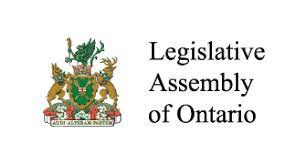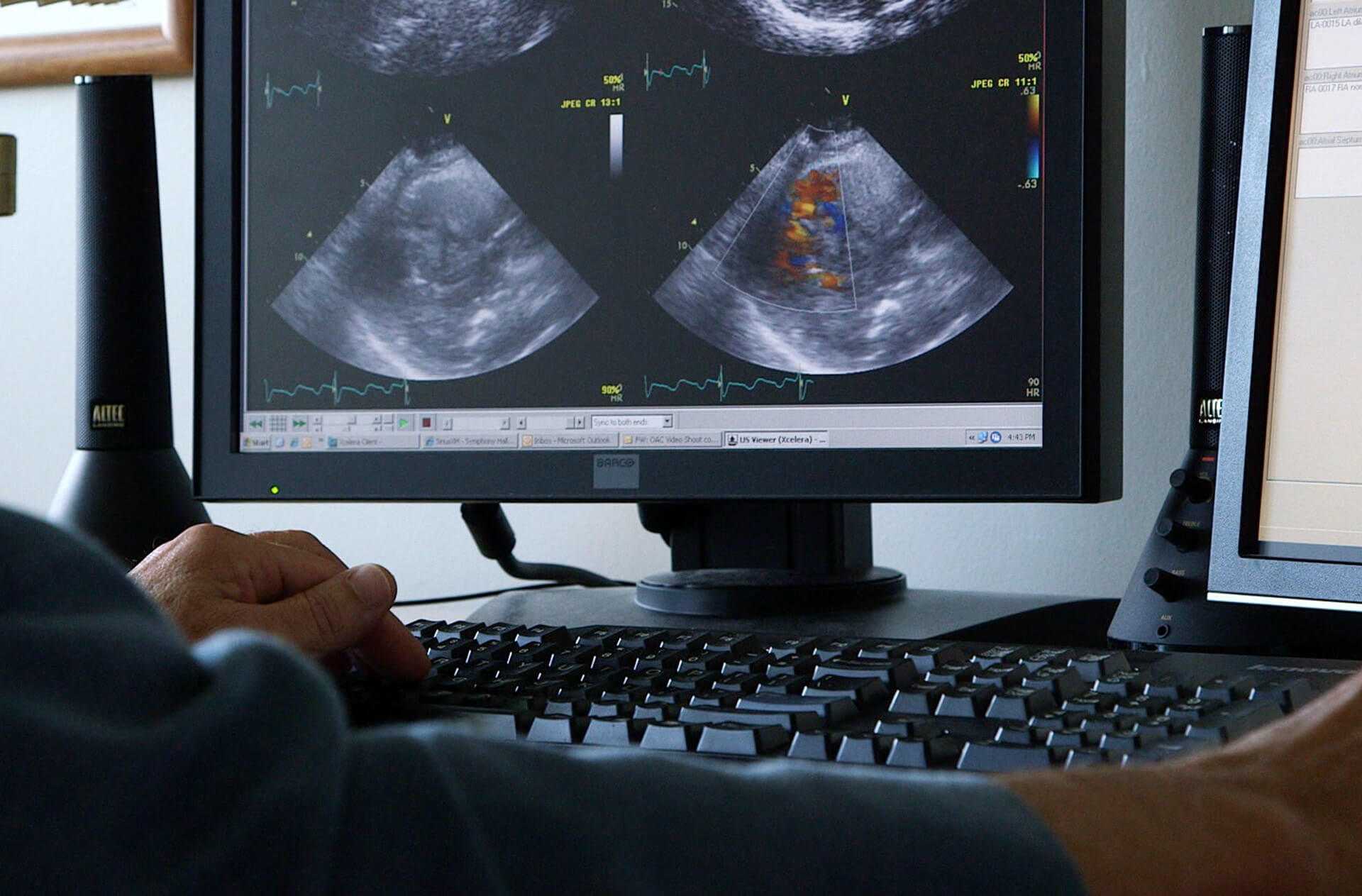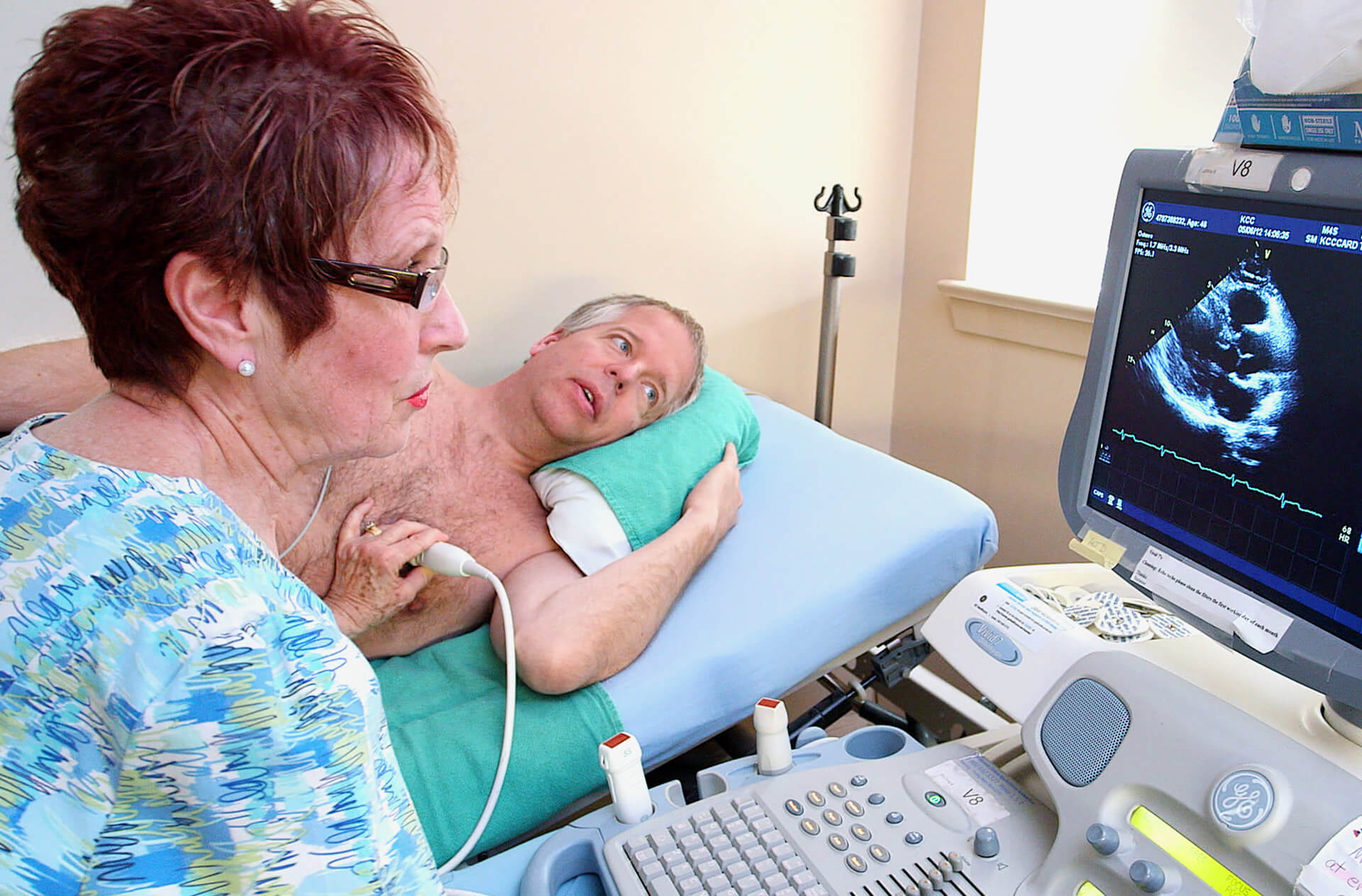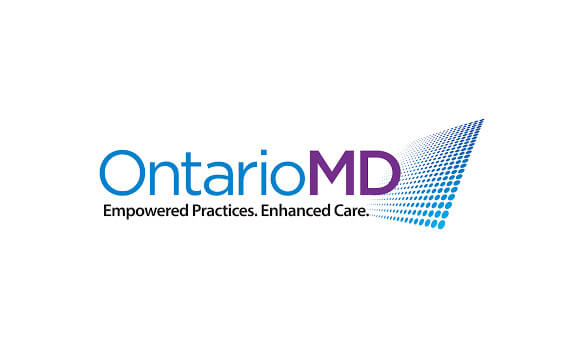2024 Cardiology Clinical Practice & Financial Management Seminar
The OAC’s 2024 Cardiology Clinical Practice and Financial Management Seminar will be held on Saturday, April 13th at the Li Ka Shing Knowledge Institute in downtown Toronto.
Designed to educate, engage, and empower Ontario’s Cardiology professionals, this seminar covers crucial topics from clinical practice inception to mid-career management and eventual winding down.
Attendees will be given the opportunity to learn from OAC Board members and experienced voices in investment, accounting, and legal fields as they share valuable advice for navigating the complexities of a medical practice.
Discover the insights these veteran cardiologists and industry experts have to offer at the 2024 Cardiology Clinical Practice and Financial Management Seminar!
When: Saturday, April 13, 2024
Time: 8:00am – 4:00pm
Venue: Li Ka Shing Knowledge Institute, 209 Victoria Street, Toronto, ON
Agenda
| TOPIC | SPEAKER(S) |
| RoundTable Discussion: Establishing and managing a successful cardiology practice in Ontario. | OAC Board Members
Moderator: Dr. Rakesh Bhargava |
| Incorporating technology in your practice. | Dr. Mukesh Bhargava Northumberland Hills Hospital |
| Mapping your financial future: tax strategies, investments, and retirement options. | Mr. Andrew Pyle CIBC Wood Gundy & Mr. Amin Kanji CIBC Private Wealth |
| Tips and advice for building wealth and achieving your long-term financial goals. | Ms. Deanna Cregg Baker Tilly KDN LLP & Mr. Gary Kaye GPK Advisory Services Inc. |
| Navigating challenging clinical encounters with patients and families. | Dr. Evelyn Constantin, CMPA Advisor |
| OHIP billing audits and CPSO complaints/ investigations: The Joy of It All – Not. |
Mr. Neil Abramson, Torkin Manes LLP |
| Practice management and business support solutions. | Mr. Michael Black, Specialty Medical Partners |
| Opportunities and investment landscape in India. | Mr. Vikash Sharma, ICICI Bank Canada |
Registration fees:
- OAC members: $100
- Non-OAC members: $150
- Cardiology Residents and Fellows: $25
Be one of the first 50 Registrants and have a chance to win an APPLE iPAD AIR (10th generation)!
Need accommodations?
A special rate for seminar attendees is available at the Omni King Edward Hotel located at 37 King St E, Toronto, Ontario, M5C 1E9. Call their reservation line at (416) 863-9700 and reference the ‘Ontario Association of Cardiologists’ when making your booking.
Thank you to our generous sponsors!
![]()
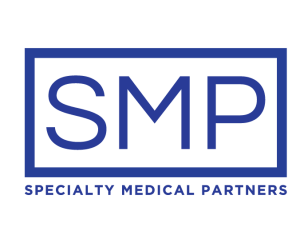

![]()
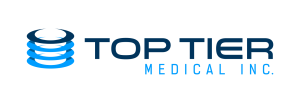

2024 Budget: Recommendations for Enhancing Cardiac Patient Care in Ontario
Following the January 25, 2024 pre-budget consultations presentation to the Standing Committee on Finance and Economic Affairs, the Ontario Association of Cardiologists welcomed the opportunity to provide the Ontario government with fiscal recommendations for enhancing cardiac patient care in the 2024 Ontario Budget through our written submission to the committee.
Our recommendations include:
- Increase support for Ontario’s infrastructure for outpatient cardiac care in general and, in particular, improved support for independent outpatient facilities that provide consultations and follow up care for cardiac patients and for which there is no other external support to maintain the infrastructure (rent, capital expenses and staffing) to support these patient visits.
- Provide permanent funding for Natriuretic Peptide testing in community laboratories for patients with suspected or established congestive heart failure.
- Remove restrictions on telephone-based care that negatively impact seniors, patients with limited economic resources, and those who live in rural and remote parts of the province without access to video conferencing facilities.
We look forward to working with the provincial government to implement these recommendations in 2024.
Click here to read the OAC’s 2024 Ontario Budget submission.
For more information, contact:
Tim Holman, Executive Director
Ontario Association of Cardiologists
410 – 250A Eglinton Ave. East
Toronto, Ontario M4P 1K2
Tel: 416-487-0054
Toll-Free: 1-877-504-1239
E-mail: [email protected]
Web: www.ontarioheartdoctors.ca
Virtual Care: An Integral Part of Total Health Care Delivery
The pandemic has forced Ontario’s health care system to adjust and find a balance in caring for COVID-19 patients as well as patients with other health issues. While this has required the provincial government to make some difficult decisions, such as ramping down at times non-emergent or non-urgent surgeries and procedures to preserve system capacity, the pandemic has also presented new opportunities to enhance the delivery of medical care. A good example is the expanded use of virtual care and the experience this has given providers regarding the advantages of this method of delivery.
In general, virtual care is intended as a tool for use by a physician who will at other times see the patient in person according to their needs. It is not intended for use by physicians who would not otherwise see the patient in person, and who cannot provide the patient with appropriate in-patient services, testing and follow up as needed in a location that is geographically accessible to the patient.
In March 2020, the Ontario government introduced virtual care fee codes in the OHIP Schedule of Benefits on a temporary basis. This change allowed for payment of physician consultations and assessments when provided to patients and/or patient representatives by telephone or video conferencing. These codes have been essential to maintaining patient access to medical care during the pandemic while limiting the spread of COVID. It is also now evident that, when used appropriately, it can be a valuable component of a total care delivery package.
The key advantages to virtual care include:
- Convenience to patients, who are able to stay at home (or work) and still receive care.
- Flexibility of scheduling, including extension of hours to evenings and week-ends.
- Reduced cost to patients for travel and parking.
- Environmental benefits related to reduced travel.
- Improved access and safety for the frail and elderly.
- A greater opportunity for participation in the patient visit by family members.
- Reduced likelihood of transmission of infectious diseases to patients from the medical facility itself including of COVID and seasonal flu.
The virtual care fee codes allow Ontario’s cardiologists to see patients remotely, while at the same time provide in-office care under strict public health protocols when diagnostic testing or an in-person physical exam is needed. Those who need to be seen or want to be seen, are seen in-person; and those who prefer virtual care, where medically safe, are accommodated.
The OAC strongly supports virtual care and believes it should be expanded and made an integral part of total health care delivery. To do so effectively, three things are required.
First, the temporary virtual care fee codes in the OHIP Schedule of Benefits, which are set to expire on September 30, 2022, must be made permanent.
Second, the constituent element definitions of consultations and assessments contained in the OHIP Schedule of Benefits including the medical circumstances requiring an in-person physical exam, must be updated (the current definitions are more than 40 years old) to fully leverage virtual care services today and beyond the pandemic.
Third, professional guidance for employing virtual care services must be developed for each medical specialty, to ensure all physicians understand when and how virtual care services can best be employed in delivering overall patient care. The OAC has undertaken the development of such professional guidance for Ontario’s cardiologists and looks forward to sharing it with the government and other provincial regulatory authorities.
Ensuring Patient Access to High Quality Echocardiography Services in Ontario
The OAC is a strong supporter of Ontario’s echocardiography standards, maintained by CorHealth Ontario, and the provincial Echocardiography Quality Improvement (EQI) Program, which accredits all echocardiography facilities in the province. The OAC has been an important EQI program stakeholder since 2016. We believe that echocardiography service providers must provide high quality services, rooted in the clinical standards, to meet the health care needs of Ontario’s cardiac patients.
At the same time, it is crucial for echocardiography service providers to be treated fairly within the accreditation program, including the contract they sign to enter the EQI program (Facility Agreement), the process used to assess their compliance with the echocardiography standards, and transparent, accountable decision-making.
The OAC is committed to working with Accreditation Canada Diagnostics, the non-governmental, third-party organization responsible for managing the EQI program since April 2020, on these matters and to ensuring that the EQI program continues to play an important role in the delivery of high quality echocardiography services in the province.
OAC Member Benefit: Lower Costs Through Preferred Pricing Agreements
Over the past 25 years, the vast majority of ambulatory cardiac care has been transferred from hospital-based ambulatory care to outpatient clinics in the community. These clinics are independently run by cardiologists and, unlike hospitals, receive no infrastructure funding from the Ministry of Health to cover overhead costs.
Community-based outpatient clinics provide prompt access and excellent care, but they have become increasingly difficult to maintain because technical and professional fees in the OHIP Schedule of Benefits have not kept pace with program costs.
The OAC recognizes the financial challenges its members face in this environment and is responding to help them address the rising costs associated with their clinical practice.
An example of this is the preferred pricing agreement with Lantheus Medical Imaging, announced in June 2021, enabling OAC members to purchase the contrast echocardiography agent Definity® at guaranteed discounted prices for the next three years. This will deliver important savings to OAC members who operate a community-based, outpatient clinic providing these echocardiography services.
The OAC plans to expand this group purchasing program for its members in 2021-22 to include other clinical supplies used regularly in community-based outpatient clinics.
We look forward to sharing more about this opportunity and its benefits for OAC members.
For more information, contact:
Ontario Association of Cardiologists
34 Eglinton Ave. West, Suite 410
Toronto, Ontario
M4R 2H6
Tel: 416-487-0054
E-mail: [email protected]
OAC Expertise: A Source of Clinical Expertise in Public Policy Development
The OAC is recognized by the Ontario government and its agencies as an important source of clinical expertise in the public policy development process. Throughout 2017-18, the OAC was called upon to provide clinical experts to assist in the following initiatives led by agencies of the Ministry of Health and Long-Term Care:
- Remote Cardiac Monitoring Health Technology Assessment
- Transcatheter Aortic Valve Implantation (TAVI) Health Technology Assessment
- Heart Failure Care in the Community Quality Standard
The OAC welcomes these consultation opportunities with the Ontario government to ensure that provincial public policies reflect sound cardiac clinical practice.
Improving Fairness for Echo Facility Owners within the EQI Accreditation Program
Revised Facility Agreement
In November 2017 the OAC was pleased to announce the creation of a revised EQI program Facility Agreement.
Reaching consensus on an agreement that addressed our member’s concerns required months of discussions involving our legal advisors, the legal team of CorHealth Ontario and the Ministry of Health and Long-Term Care.
Echocardiography facility owners are now assured that outstanding legal concerns with the EQI program have been addressed.
- The indemnity clause has been removed.
- There is a guaranteed role for a physician in the second review of a facility, if required.
- A new, independent appeal process has been created, which will involve cardiologists approved by OAC.
- There is now greater certainty in resolving issues should the Ministry withdraw funding for the EQI program in the future.
- Protection of personal health information has been strengthened.
The OAC is proud of the role it played on behalf of its members, to improve fairness in the program. Furthermore, we are pleased by the commitment of CorHealth Ontario to work collaboratively with the OAC on the ongoing development, assessment and improvement of the EQI Program.
OAC-OntarioMD Collaboration Results in New Provincial Cardiology EMR Specification
Improving EMR products used by Ontario cardiologists and their staff was the guiding principle behind two years of collaborative work involving the OAC and OntarioMD. Those efforts resulted in the release of a new provincial Cardiology EMR specification in November 2017.
“We are very pleased with the end result of this collaboration with the OAC. The EMR Cardiology 1.0 Draft for Use…is a solution that will not only lead to enhanced care for cardiac patients in Ontario, but can serve as a model for other specialties and jurisdictions.” – Sarah Hutchison, CEO OntarioMD
EMR Cardiology 1.0–Draft for Use comprises a set of functional requirements that are fundamental to the clinical practices of Ontario’s cardiologists. Through its publication, EMR vendors are now better informed of the digital health care needs of cardiologists and better positioned to develop EMR solutions that enhance cardiac patient care and clinical practice efficiency. The specification can be found on OntarioMD’s website.
OAC members should ask their EMR vendor to review and consider options for building the specification’s features into the product they are using.


